
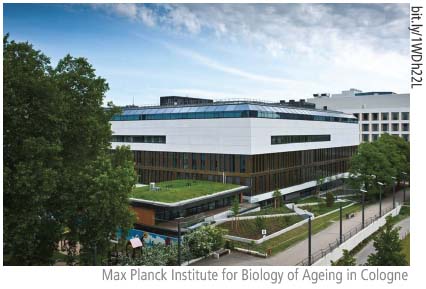
UoC was founded and funded by the city government and is supervised by the city council. In 1960, the federal state of North Rhine-West Phalia assumed full public sponsorship of the university. Similar to many other German universities, there are no tuition fees for undergraduate students.
UoC is famous for its strong collaboration with regional research institutions. Rhineland is a mega-urban region in the heart of Europe with highly developed research and economic areas, which enables close collaborations between the school and regional institutions. Researchers in the field of life sciences, physics and geosciences have found powerful research networks with renowned institutes in the region like the Max Planck Institutes of the Max Planck Society, a world-class research organization with a long history and 18 Nobel laureates.
Academic Specialties
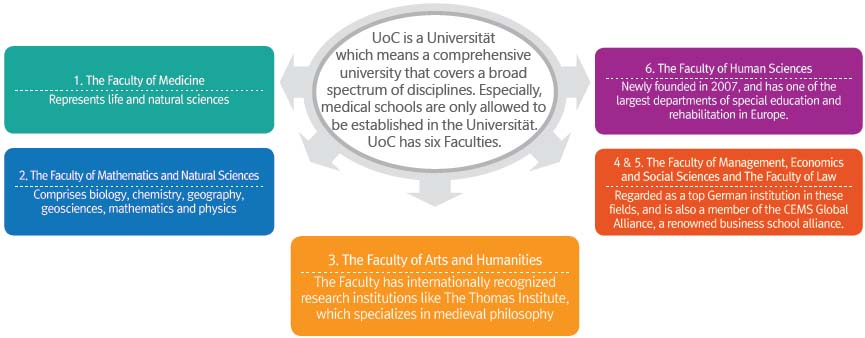
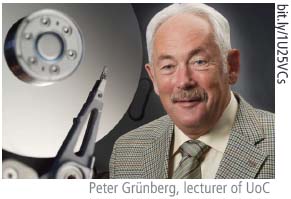
Campus Life at UoC
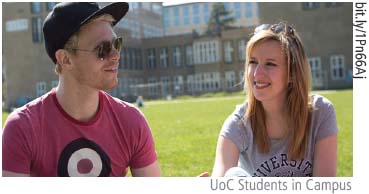
UoC has established associations that can provide support for international students. For Korean students, UoC has an association called “Koreanische Hochschulgruppe der Universität zu Köln (KHUK).” This group aims to build strong student networks among Koreans and also with German students. It has also been helping students from Korean universities partnering with UoC adjust to campus life. This association holds cultural events to help students become better acquainted with German culture and has hosted language tutoring programs between German and Korean students.
Cologne City - Places of Interest
Cologne has a long and established history of prosperity. Located on both sides of the Rhine River, the city’s geographical advantages helped to make it a major hub and one of the largest cities in the Rhine-Ruhr metropolitan region. The city has an impressive legacy of buildings and a lasting cultural influence. During World War II, Cologne was heavily bombed by allied forces, resulting in the destruction of almost the entire city and a reduction of the population by 95 percent.
Fortunately, Cologne has put an effort into restoring the city and its historic buildings while still respecting the old layout. Postwar rebuilding has been successful, creating a mixed and unique cityscape.
Cologne’s Old Town
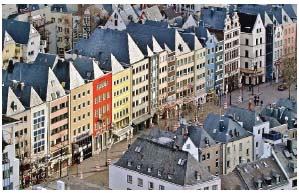
Cologne Carnival
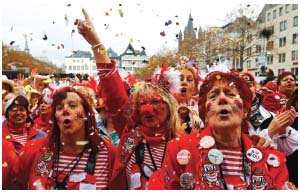
The House of Fragrances 4711
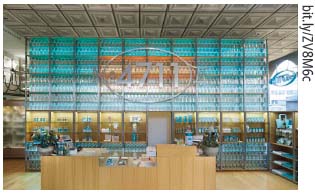
In-young Joung
deliverance4@naver.com

